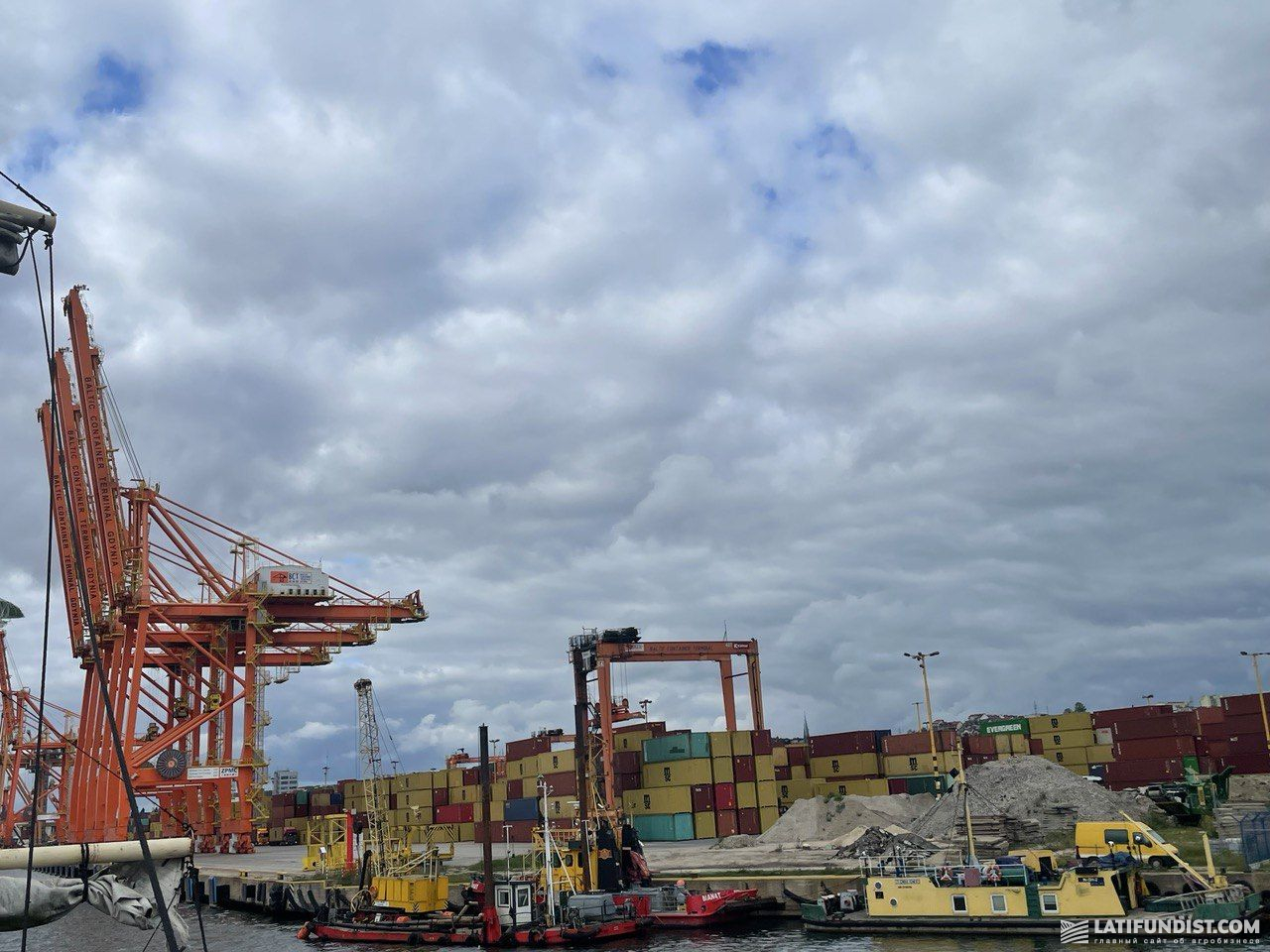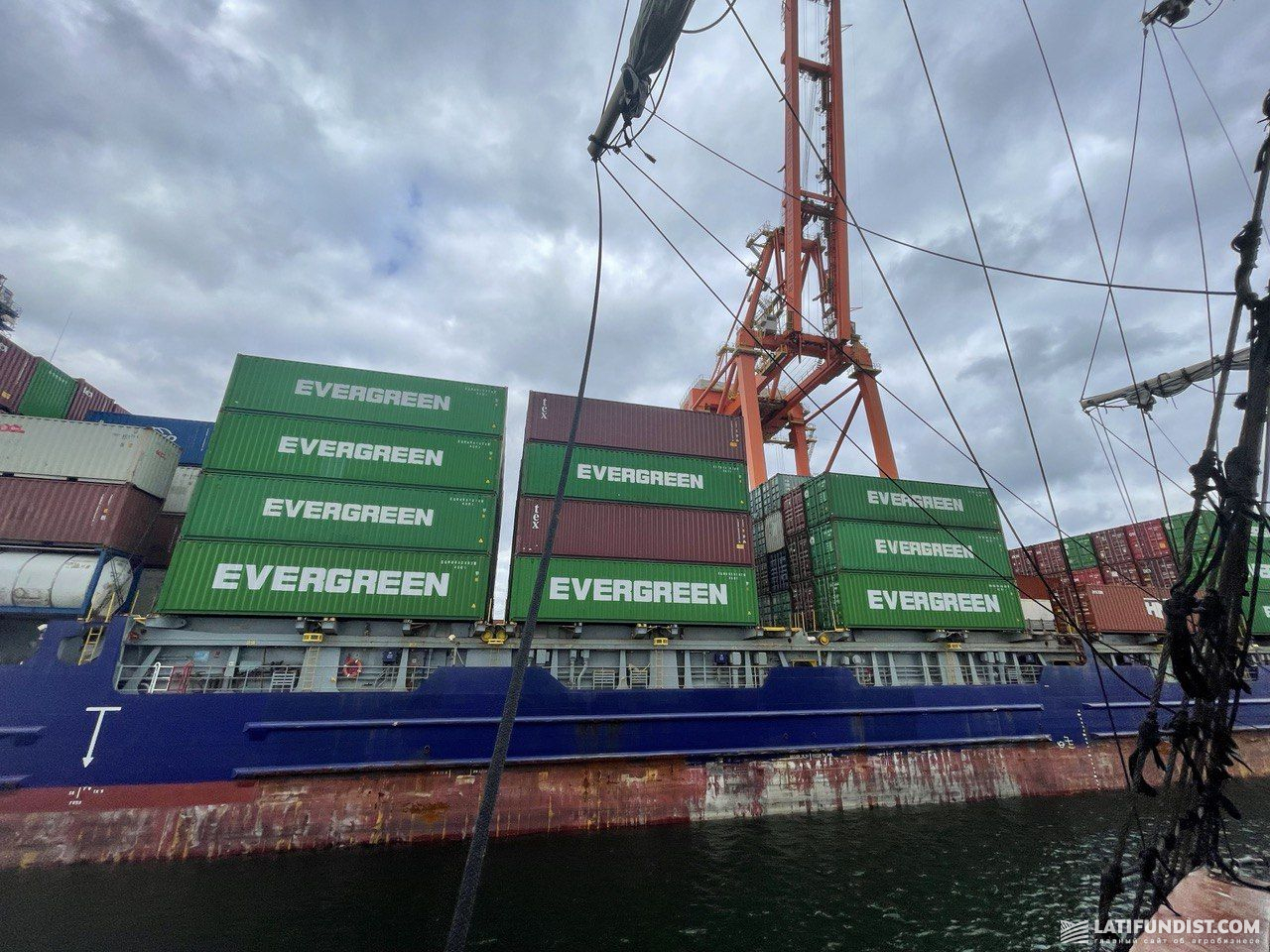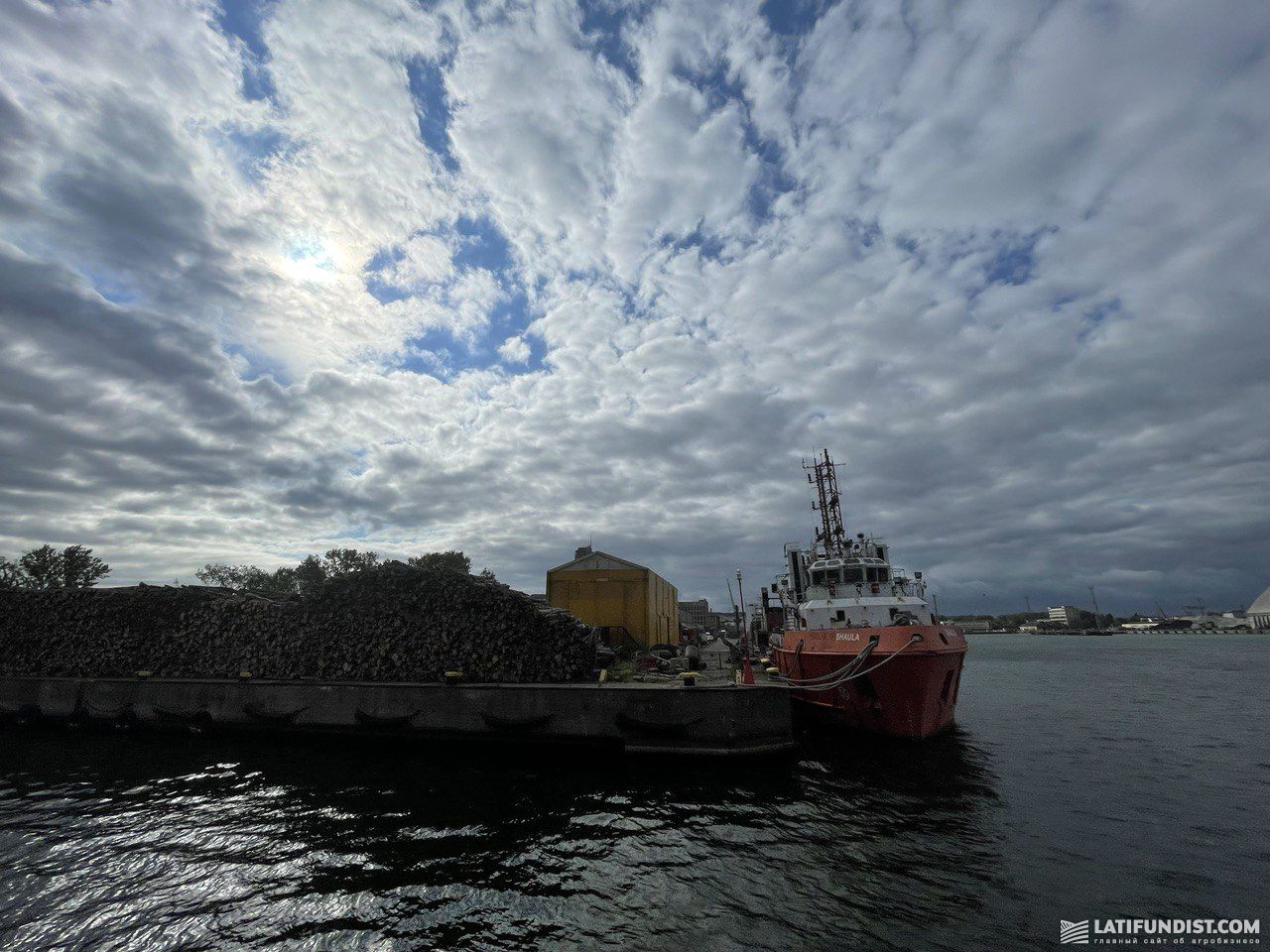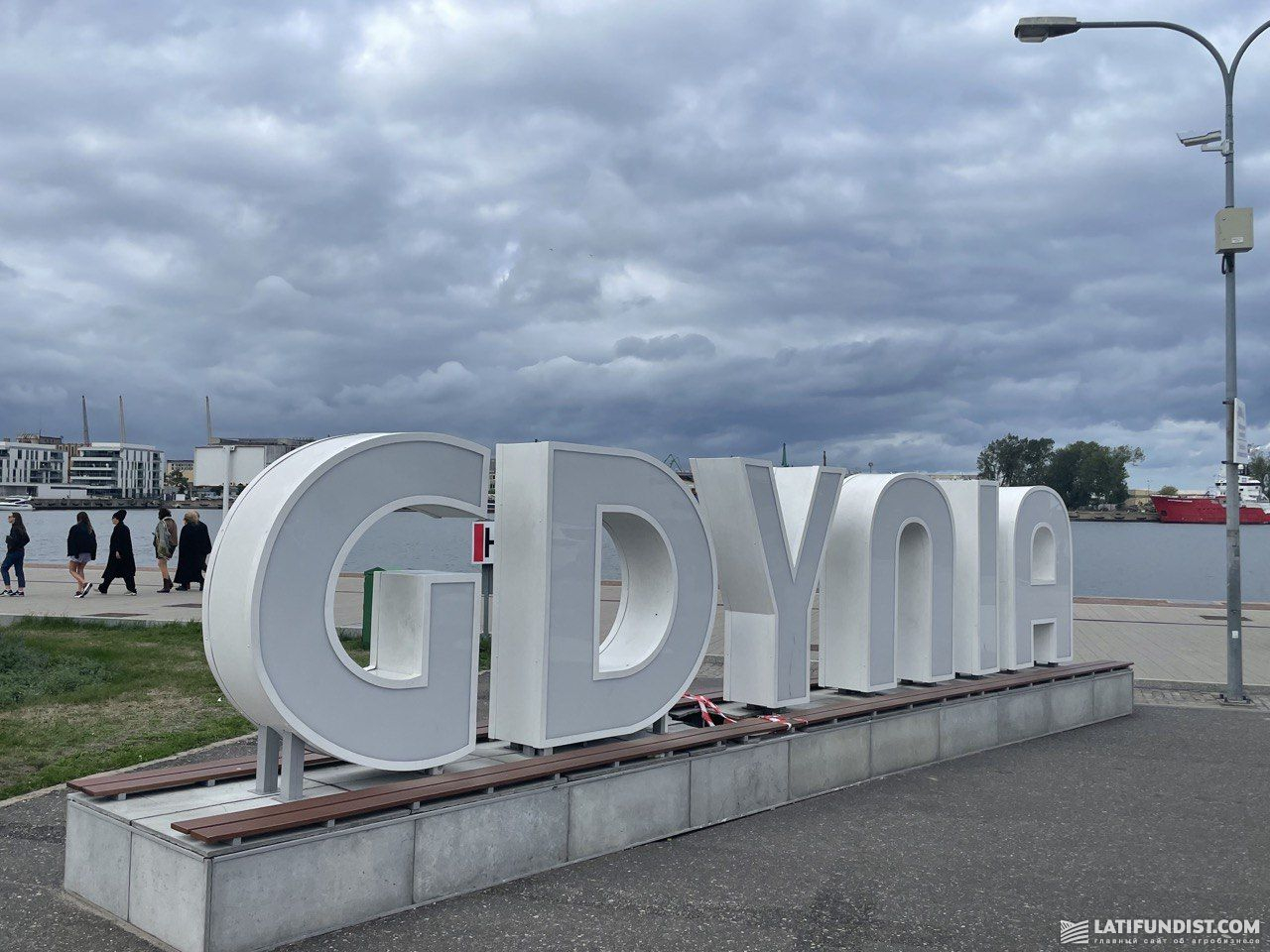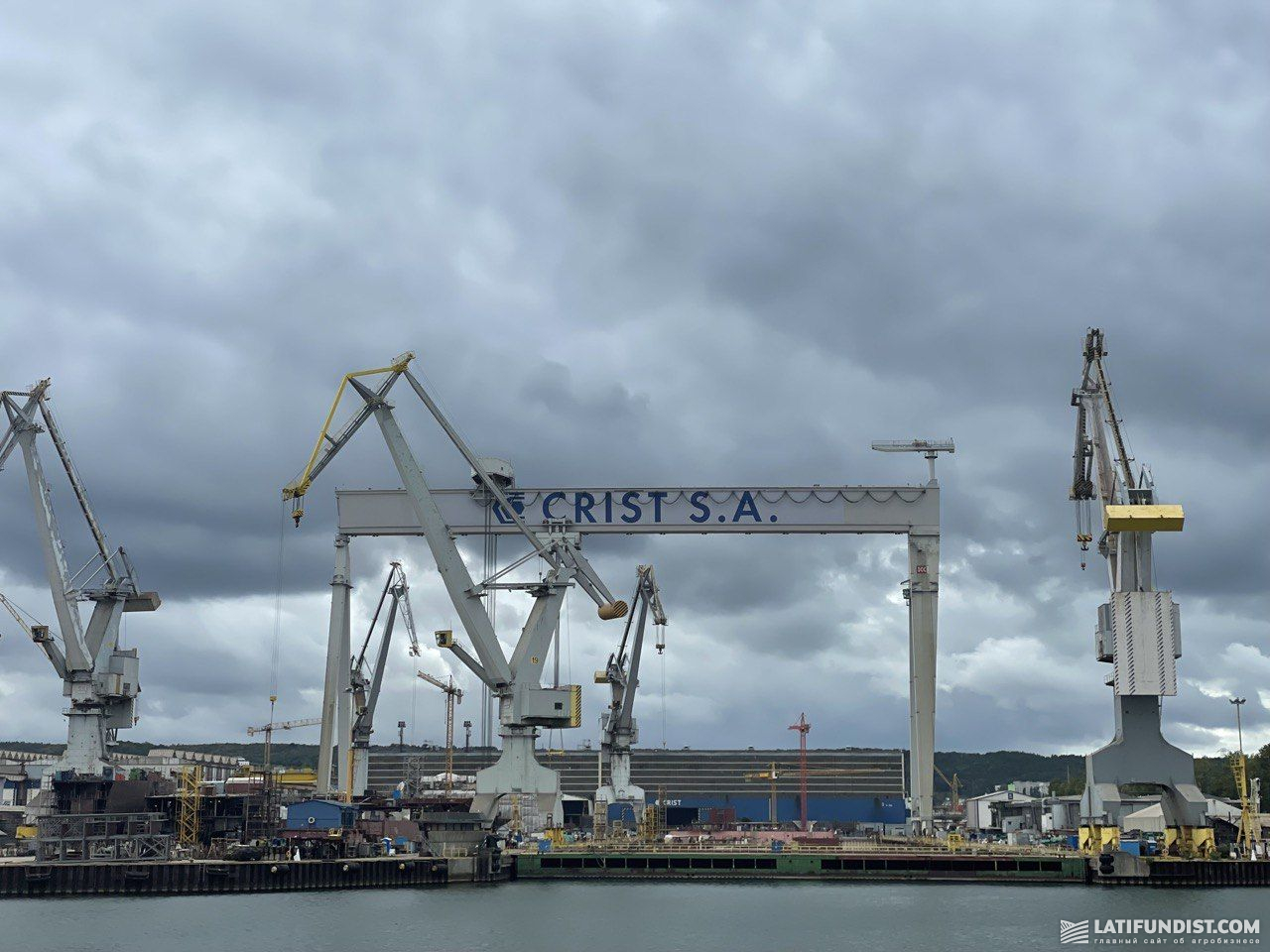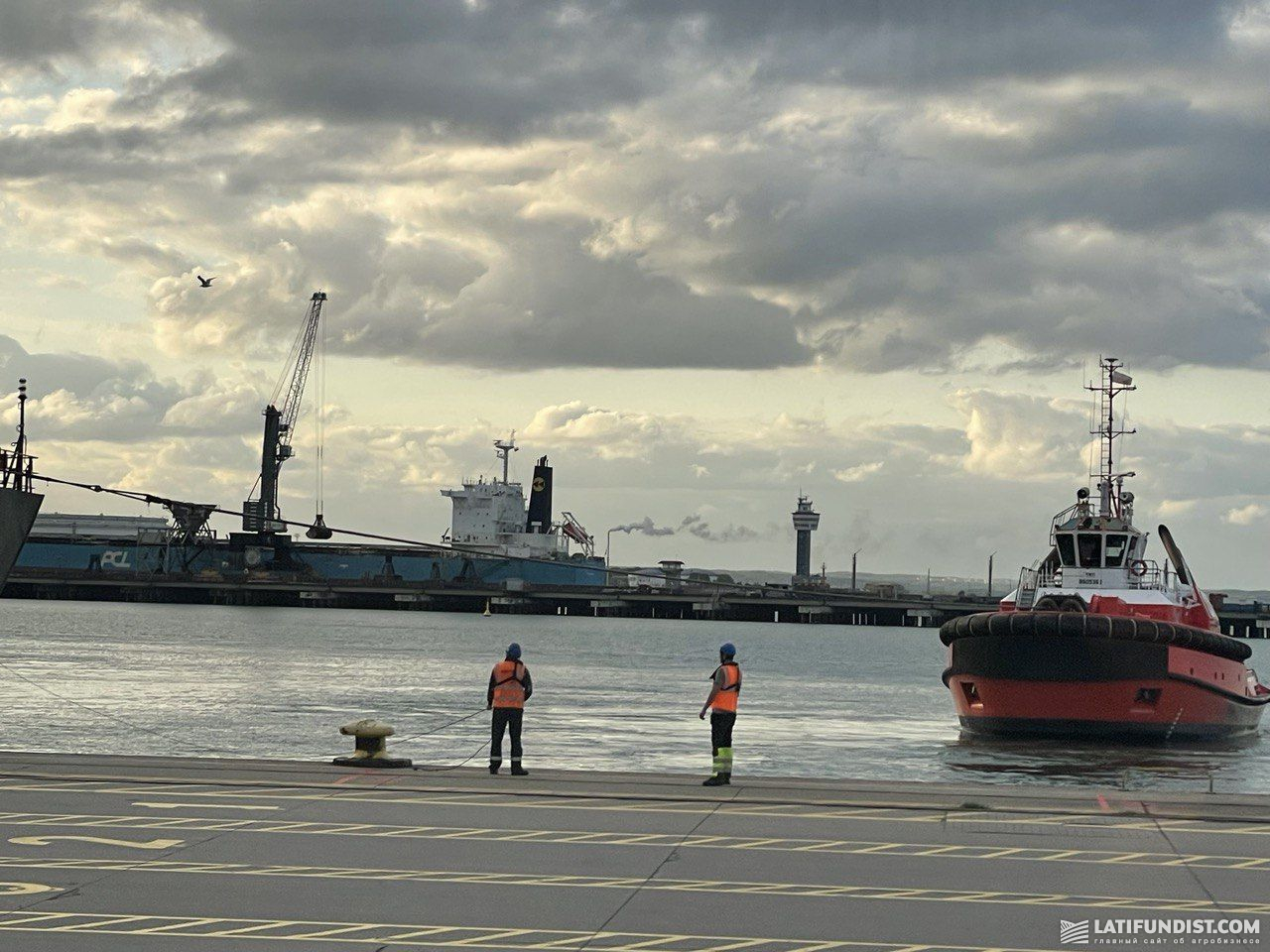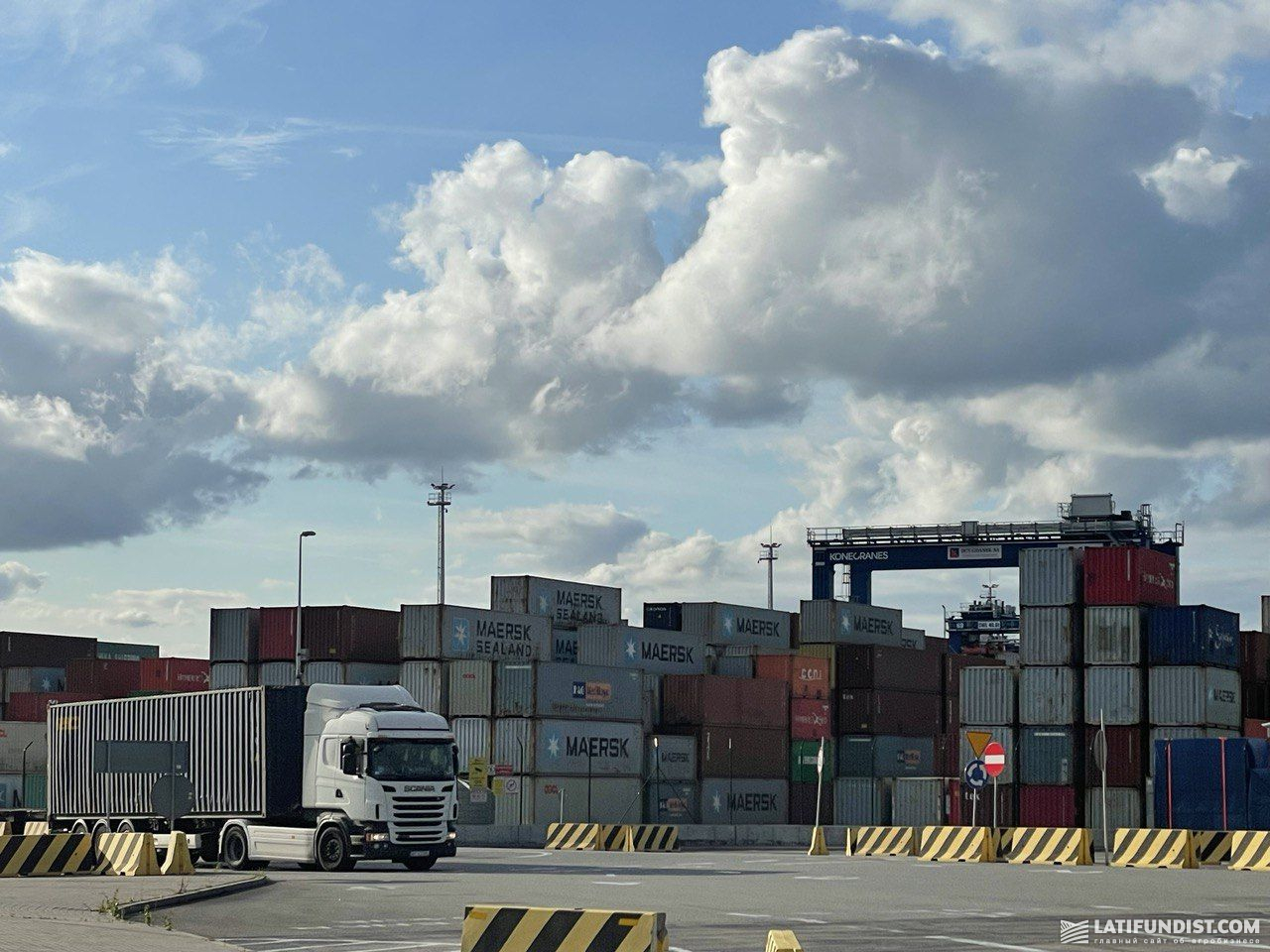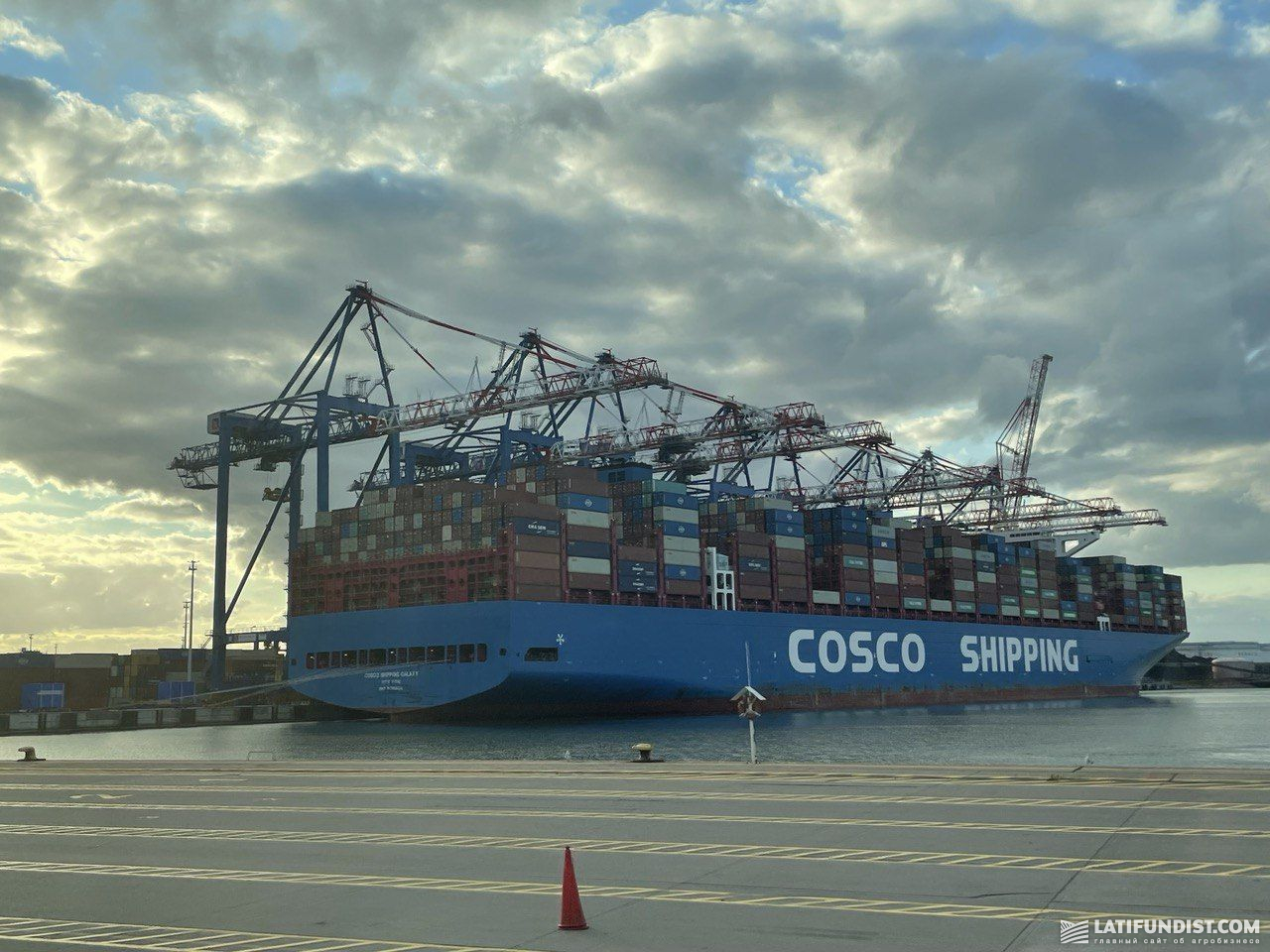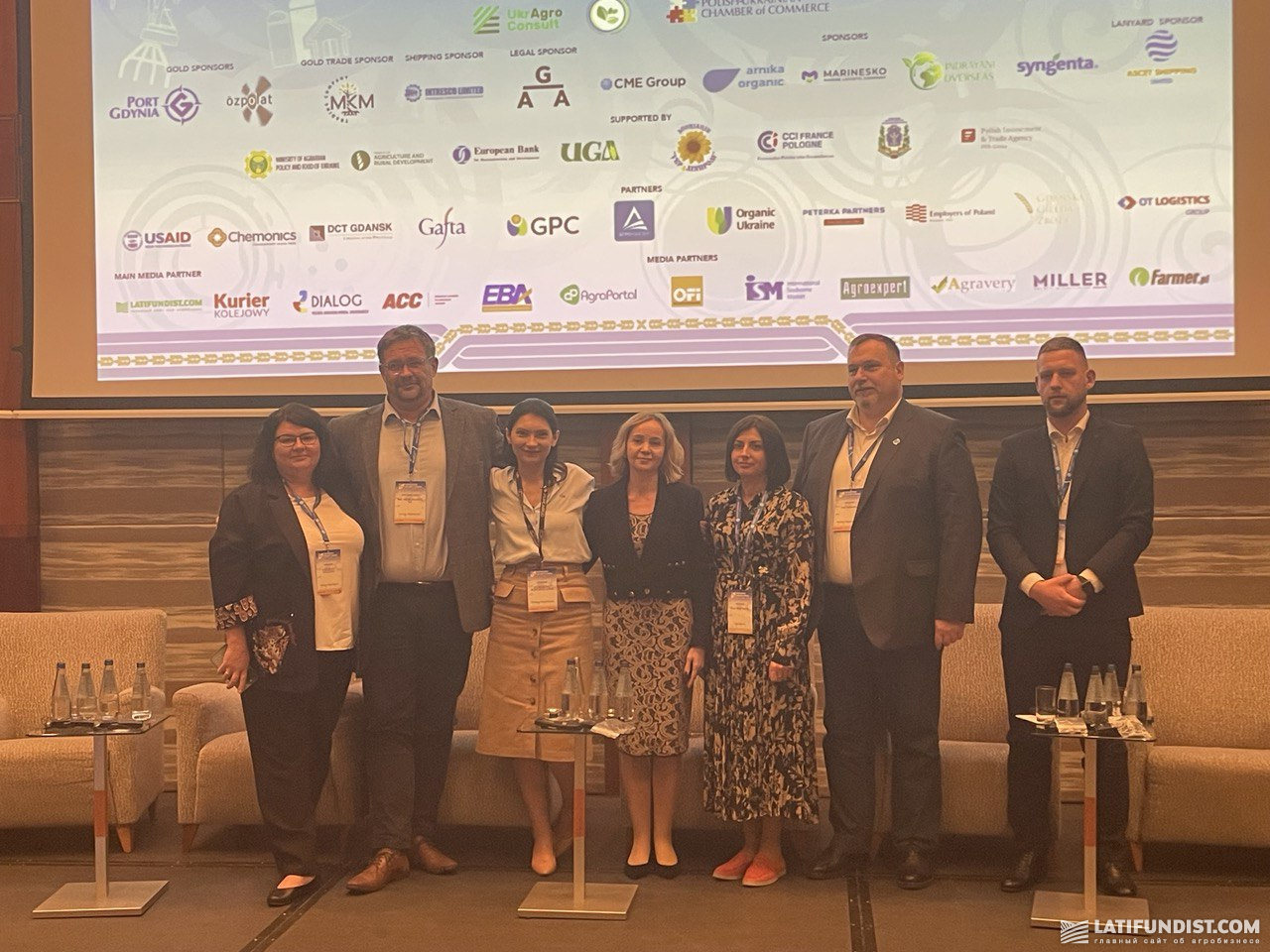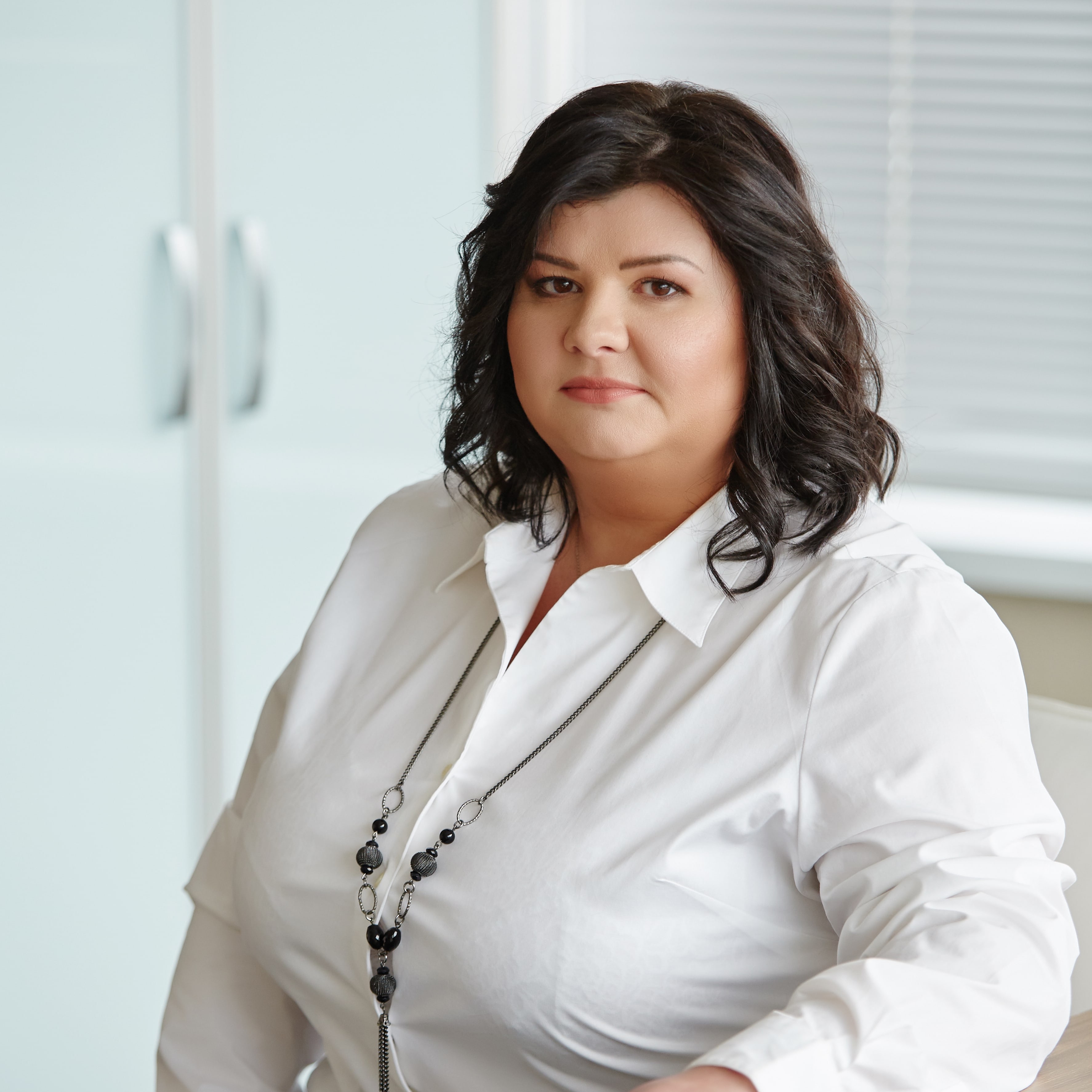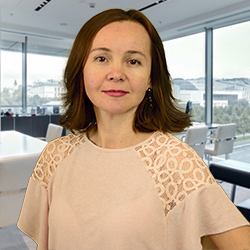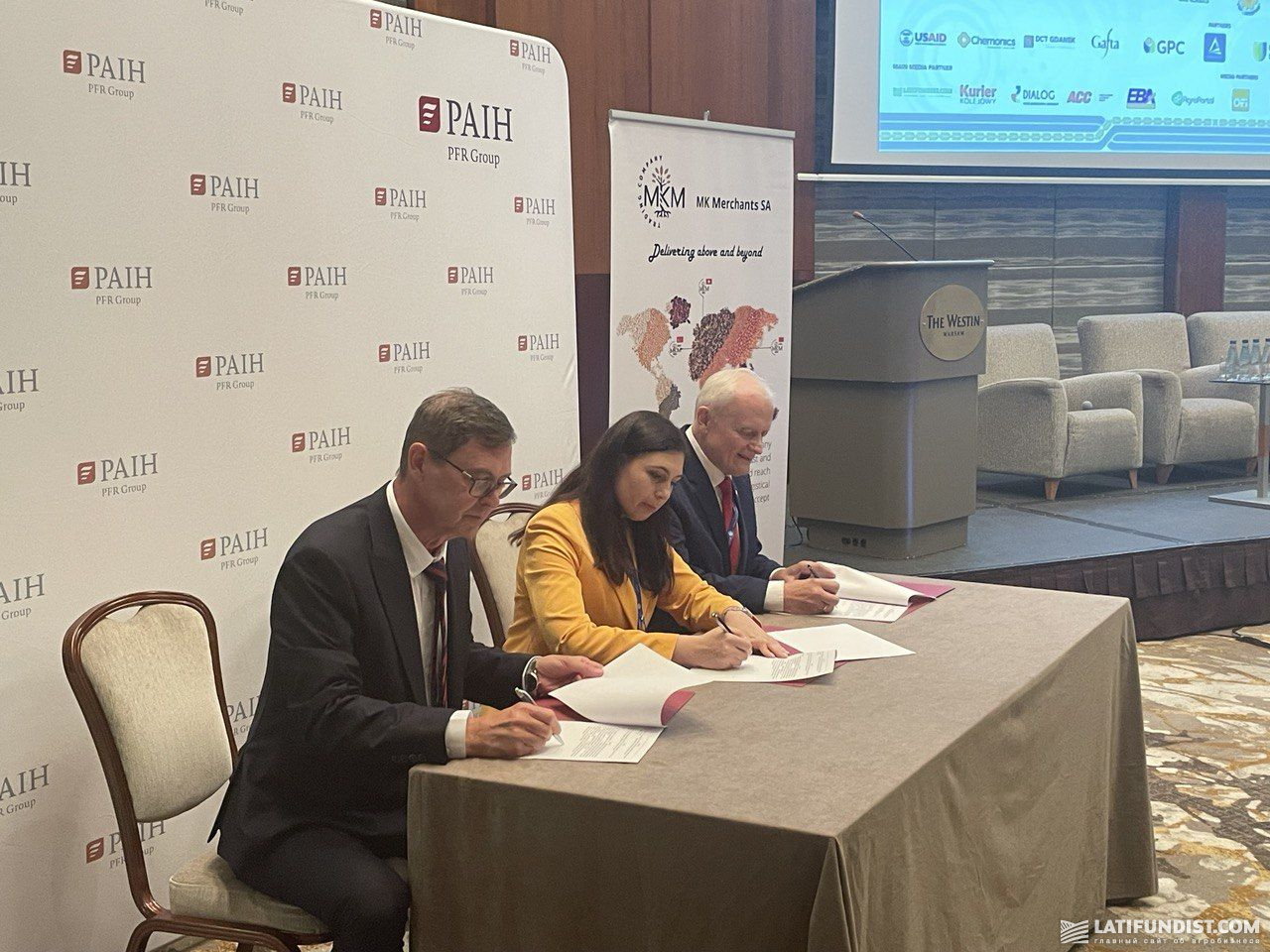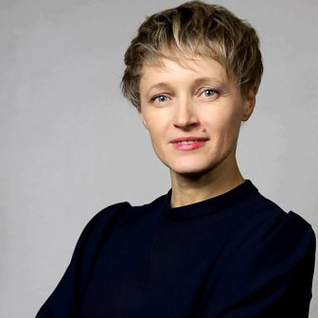Miracle on the Vistula River: How Warsaw was looking for islands of safety for Ukrainian agribusiness
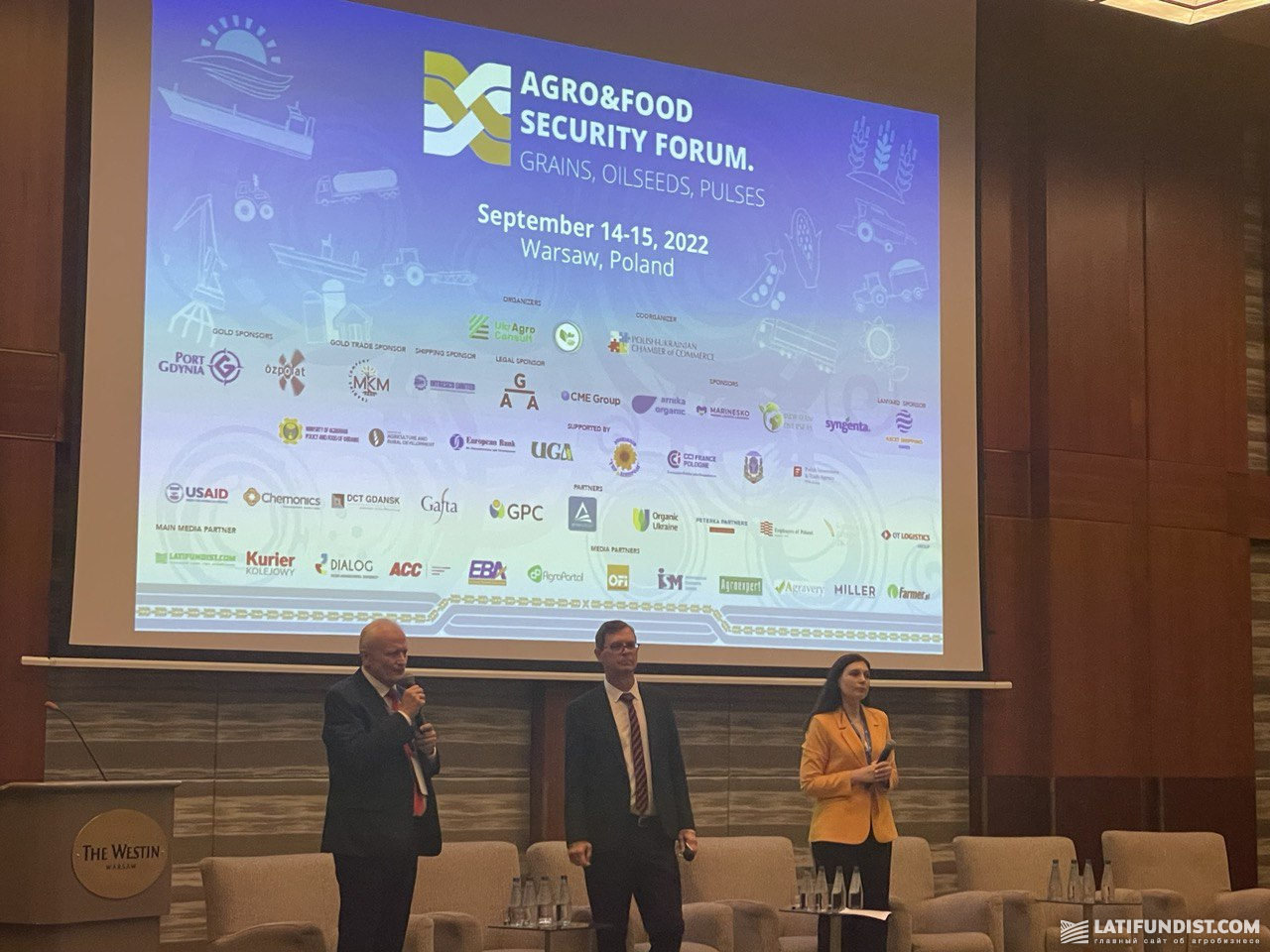
The international Agro&Food Security Forum: Grains, Oilseeds, Pulses ended last week in Warsaw. And although the name did not indicate the geographical framework, the focus was on Ukraine. Actually, the organizers were the agency “UkrAgroConsult” and the “Association of Pulses Producers and Consumers of Ukraine”, known to Ukrainian agrarians.
They approached the organization in an original way, and arranged a visit to the largest Polish ports — Gdynia and Gdańsk — on the first day. By ear, it is mainly the last one, because it is one of the three largest ports of the Baltic basin. But if you think that this is the largest Polish port for transshipment of grain, then you are mistaken. Gdynia is leading here.
Of the 27 million tons handled at the port last year, almost 5 million tons were grain. At the same time, they see a perspective in increasing work with cereals. Even under them, they are going to build an additional terminal for 2-3 million tons. They plan to announce a tender this week.
Rafal Romanovsky
First Deputy Minister of Agriculture and Rural Development of Poland
“It is clear that this is less than the expectations of Ukrainians. There is a lot of work ahead. And we are not only talking about exports to North Africa, but also to the EU. I cannot imagine the European food cycle without Ukrainian oil and oil from Ukrainian rapeseed. Otherwise, we would have to switch them to palm oil, but our consumers don’t want that. Therefore, the matter should not be limited only to promises.”
But he rightly noted that world business should not take advantage of the fact that there is a war in Ukraine by lowering the price of products.
“There has to be an ethical business — and I never get tired of repeating that,” he added.
Poland wants to create comfortable conditions for the export of Ukrainian raw materials, including through the Baltic ports. For this, it is necessary to solve the difficulties at the border that have arisen at the moment. The speaker assured that the Polish customs and veterinary services work 24 hours a day. Catching up with his Ukrainian colleagues, Rafal Romanovsky noted that in order to unload queues, it is necessary to create separate queues for empty cars and carry out separate customs clearance of tanks.
By the way, after the forum, queues at the border did decrease. They are still measured in kilometers, but at least not in tens, as it was until recently. This was helped by the opening of the checkpoint “Ustilug-Zosin” for empty vehicles.
In the context of queues, one cannot fail to mention railway crossings. Director of commercial work and logistics of Ukrzaliznytsia Tymofiy Murakhovsky assumed that despite the opening of the Black Sea ports, grain flows to Polish ports will be maintained.
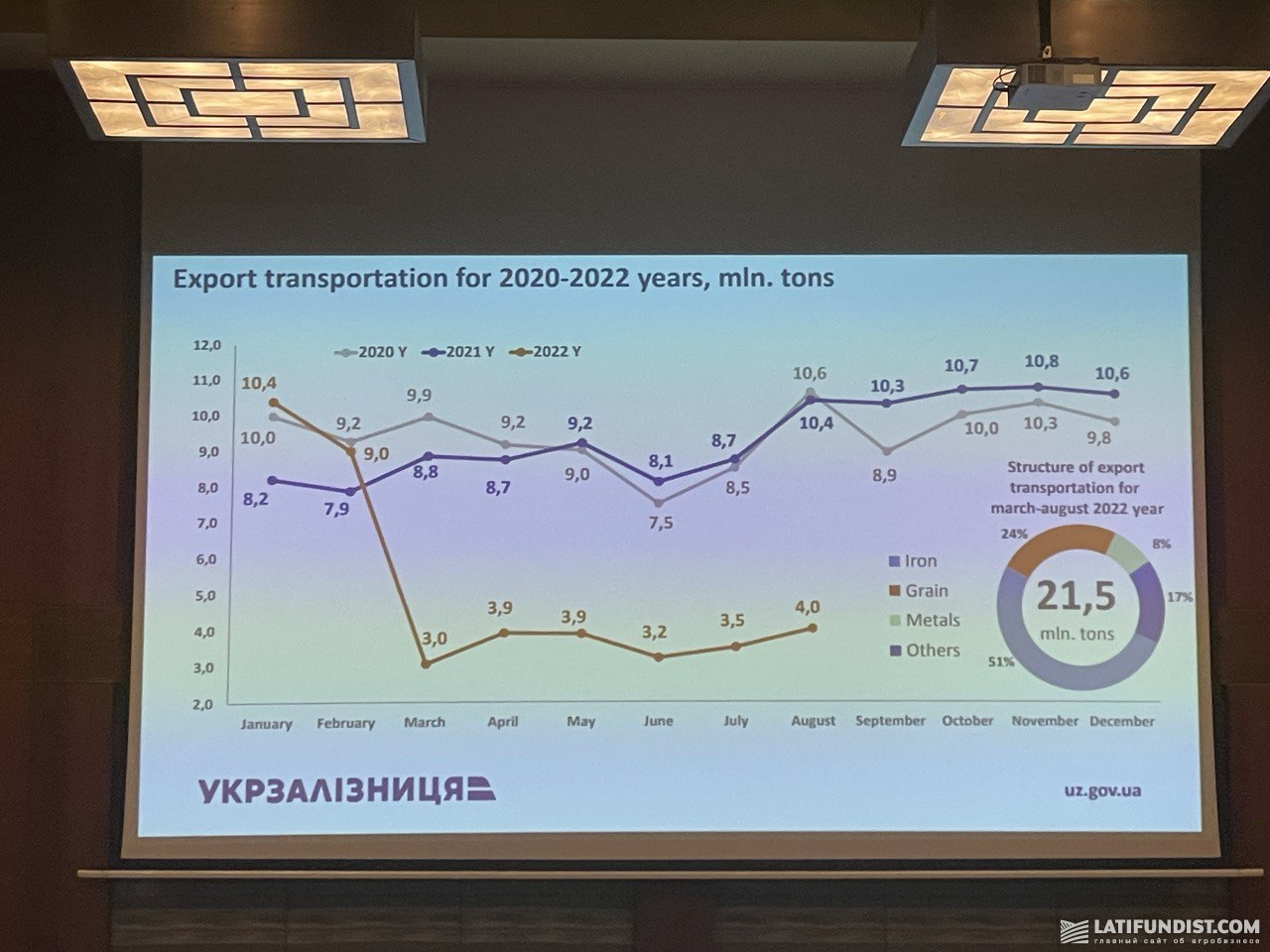
In order to solve the problem with queues, according to him, it is necessary to create a joint reception point, which will allow speeding up the reception of trains at border crossings. He said that this issue was already being moved through the Ministry of Foreign Affairs, proposals were sent to Polish colleagues. It seems that this issue has stalled, because Ukrainian officials were talking about common points of transition back in the spring and summer.
In the development of the topic of alternative ways of export and use of the ports of Poland, Romania, and Lithuania, the founder of “UkrAgroConsult” Serhiy Feofilov demonstrates on a slide what financial losses this costs for farmers.

Svitlana Omelchenko
CFO
Agromino“We entered on February 24, when the war began, with money left in our accounts, with already exported crops, and already sown wheat and rapeseed. Now we have no money. Without logistics. With mined fields. That is, our problems will only begin in 2023.”
So what to sow in the 2022/2023 season?
Antonina Sklyarenko, president of the “Association of Pulses Producers and Consumers of Ukraine”, said that this year there were good weather conditions for legumes. For example, beans yielded an average of 2.2-2.3 t/ha, peas — 3 t/ha.
Due to problems with storage, prices and export of grains, the demand for such niche legumes, in her opinion, will only grow. Therefore, the cultivated areas will increase under them. Of course, everything will depend on the prices. But, for example, this year’s chickpea prices — $1,000/ton — make this culture quite attractive.
Andriy Pylypchenko, the founder of the Arnica agro-industrial group, supports Antonina. At such a price for chickpeas, even $200 in logistics costs leave an interesting economy. What can you say about corn at its price of $300. But, of course, everything can change dramatically.
Andriy Pylypchenko
founder of the agro-industrial group «Аrnika»
“Everyone is talking about logistics. But for legumes, the general trend is that there is no stability. For example, a farmer started growing chickpeas, targeting $1,000, and next year it may cost $450-500. Therefore, legumes are not a very predictable market in terms of price swings.”
Another challenge for farmers is gas. Tetyana Alaverdova, commercial director of HarvEast, for the sake of curiosity, analyzed the cost of corn drying elevators. According to her calculations, it turned out to be $50/ton.
Tatiana Alaverdova
Commercial Director
HarvEast
“$50/ton is just the cost to dry the corn. We will reduce corn production because it will be completely unprofitable.”
Yuliya Garkavenko, oilseeds market expert, UkrAgroConsult, adds that abandoning corn is not only a Ukrainian trend.
“It’s really a trend that we’ve seen in our research — farmers will move away from growing corn. And not only in Ukraine. Corn will be abandoned in Europe as well. And our main competitors for sunflowers – Romania and Bulgaria – they will also grow more sunflowers – it is a husk that can be burned and replace gas. And corn needs a lot of gas.”
The same gas that Putin uses as a weapon against Ukraine and the world. Along with food. During the break between the panels, they caught Olga Trofimtseva, Ambassador-at-Large at the Ministry of Foreign Affairs of Ukraine, and asked about the work of the grain corridors and Putin’s statements that Ukraine “puffed” and supplied grain to the rich world, not to developing countries.
Olga Trofimtseva
ambassador on special errands
at the Ministry of Foreign Affairs of Ukraine
“This is an attempt to pressure. This is another attempt to use the grain agreement and the existing grain corridor, through which more than 3 million tons of grain have already been exported, and most of them were exported precisely to the countries of Africa and Asia, and not only to European countries. It is probably a tool of blackmail. This is what Mr. Putin and Russia have been doing before.”
She casually hinted that the UN has been conducting procedures for announcing tenders for the transportation of grain to the mentioned countries for quite a long time.
The news about the announcement of partial mobilization in Russia shows that the enemy is losing leverage. It is within our power to defend ourselves not only on the military fronts, but also on the food fronts.
Read also
Bunge and Viterra merge into a single entity under the Bunge brand
Global Trade in Focus: What’s Ahead for Grains & Oils in 2025/26?
Foot-and-mouth disease outbreak in Turkey: livestock markets closed across the cou...
Poland blocks wide-gauge railway to Baltic ports because it fears competition with...
Jawahir durum wheat becomes Morocco’s new hope
Write to us
Our manager will contact you soon
